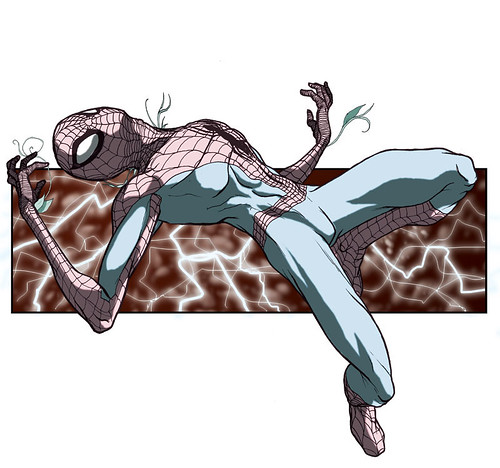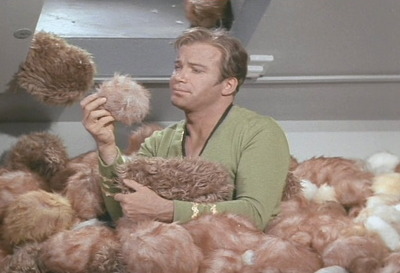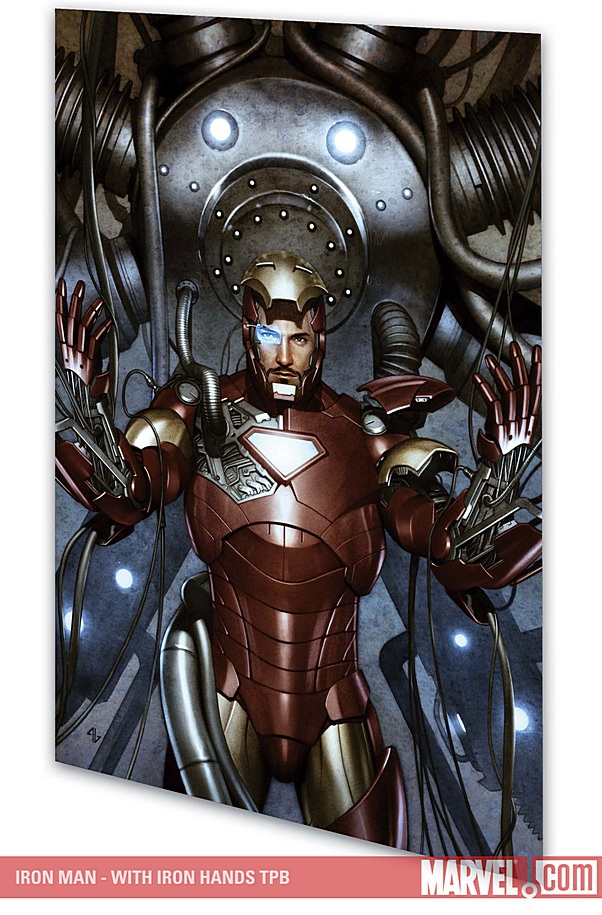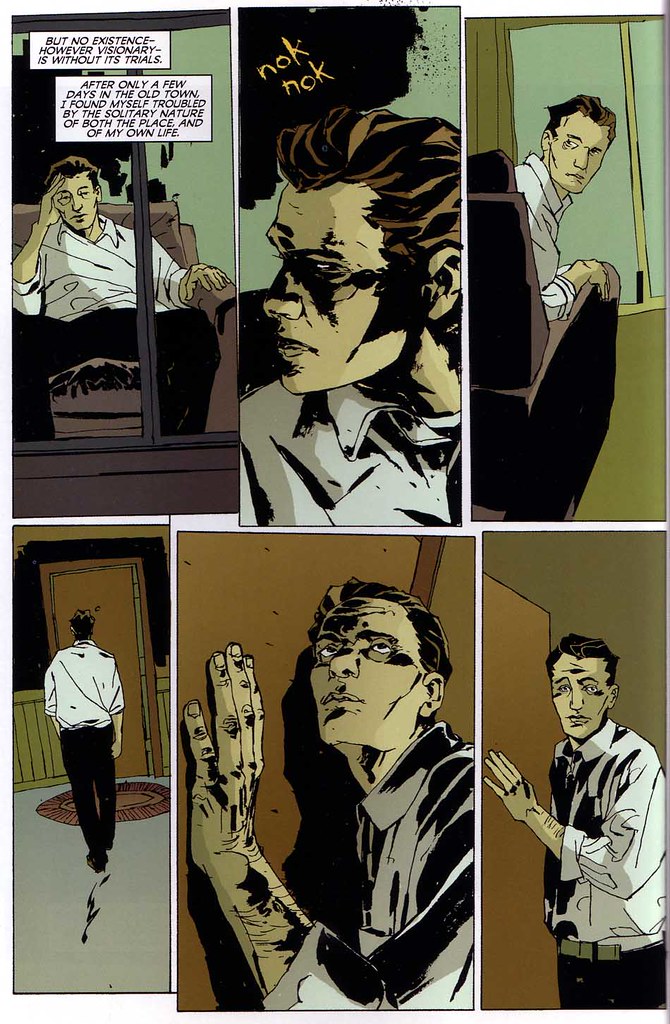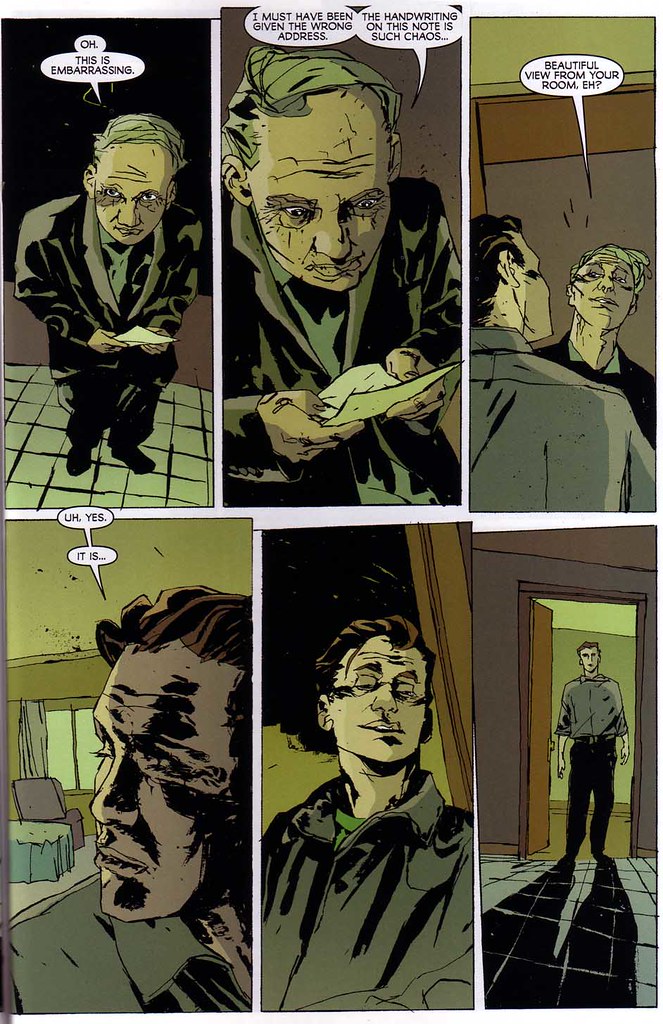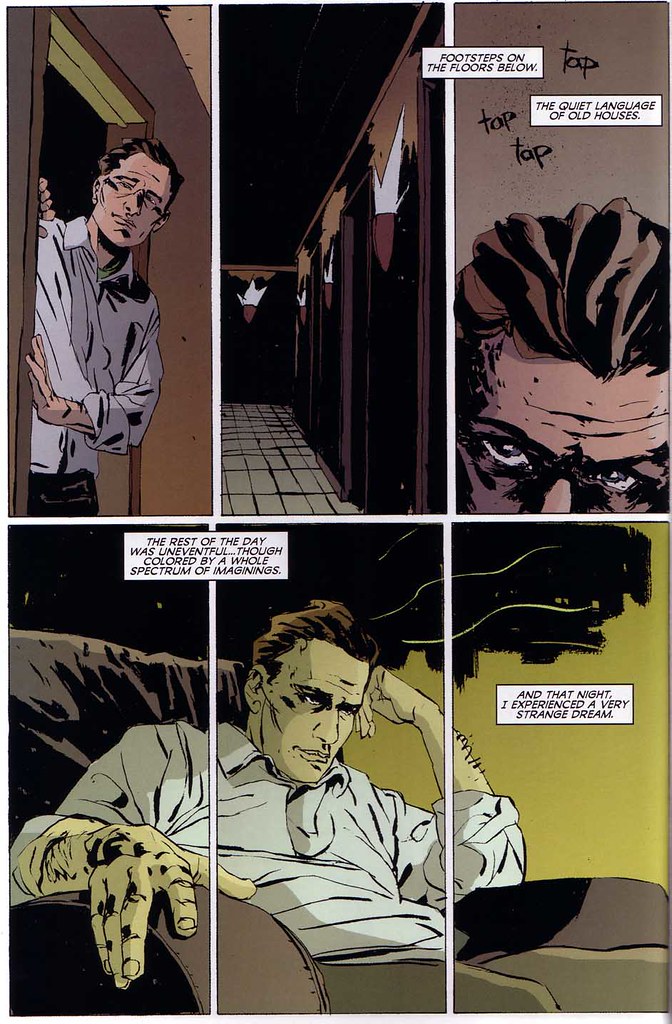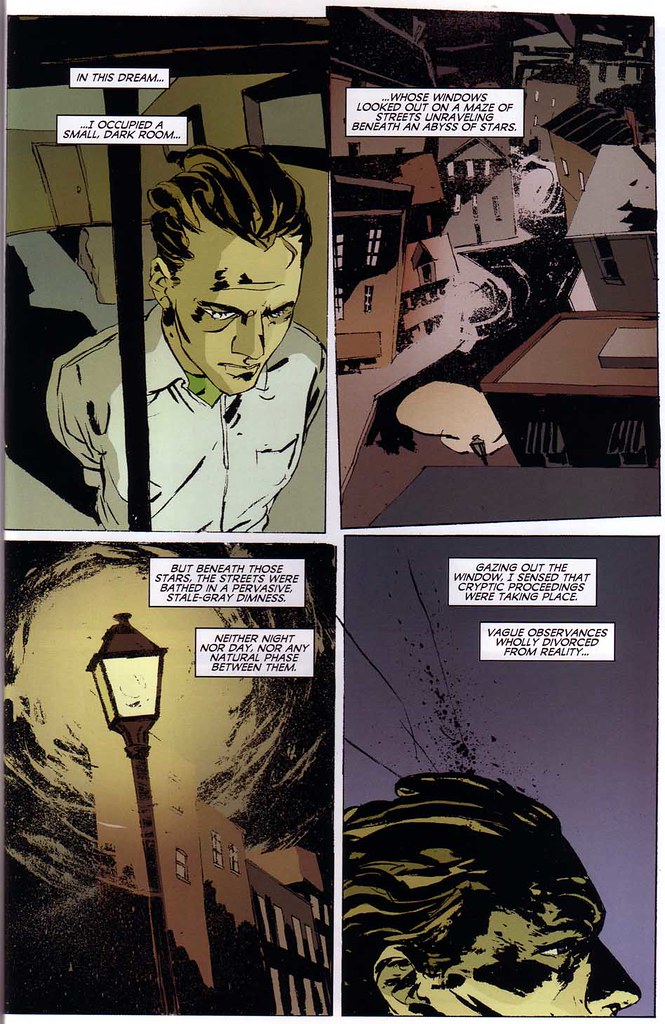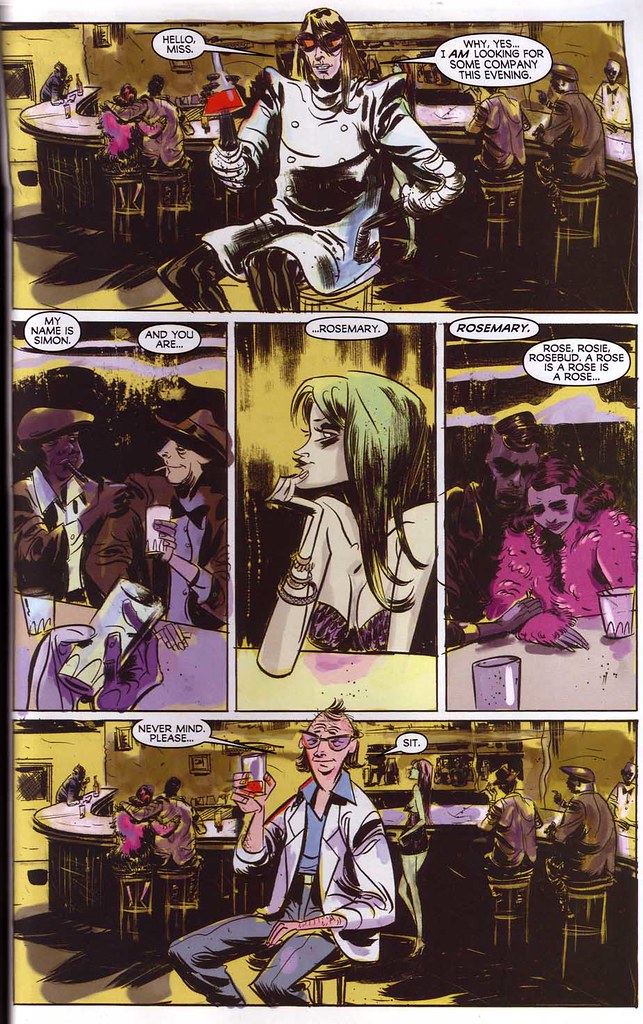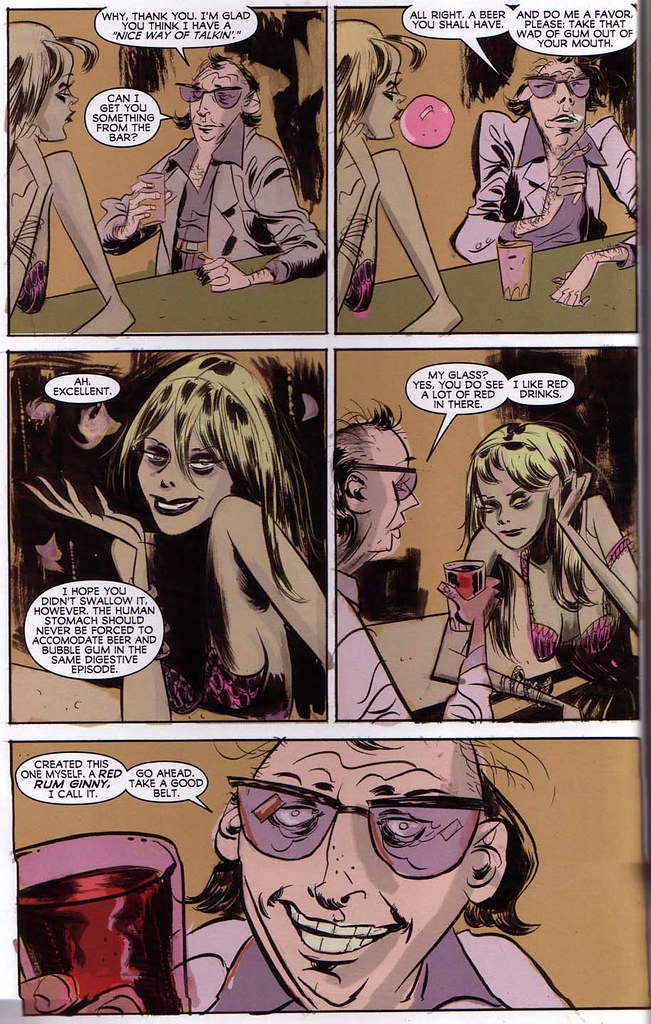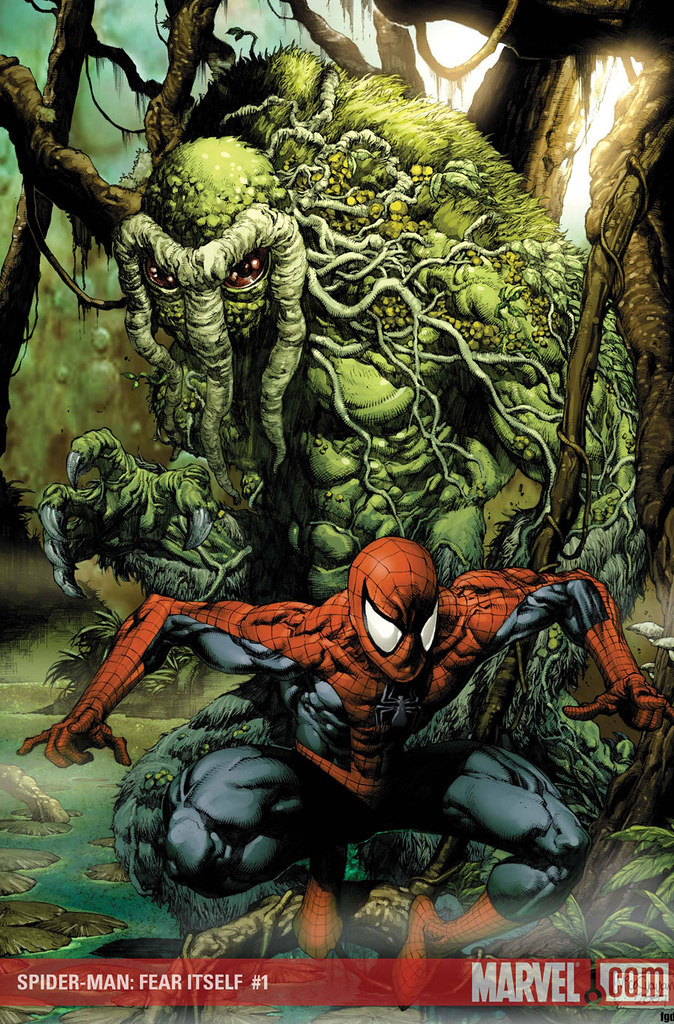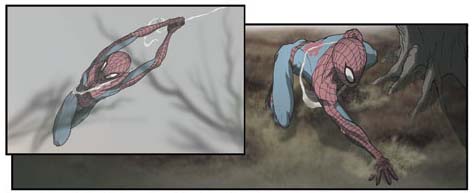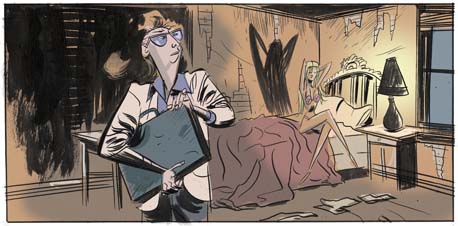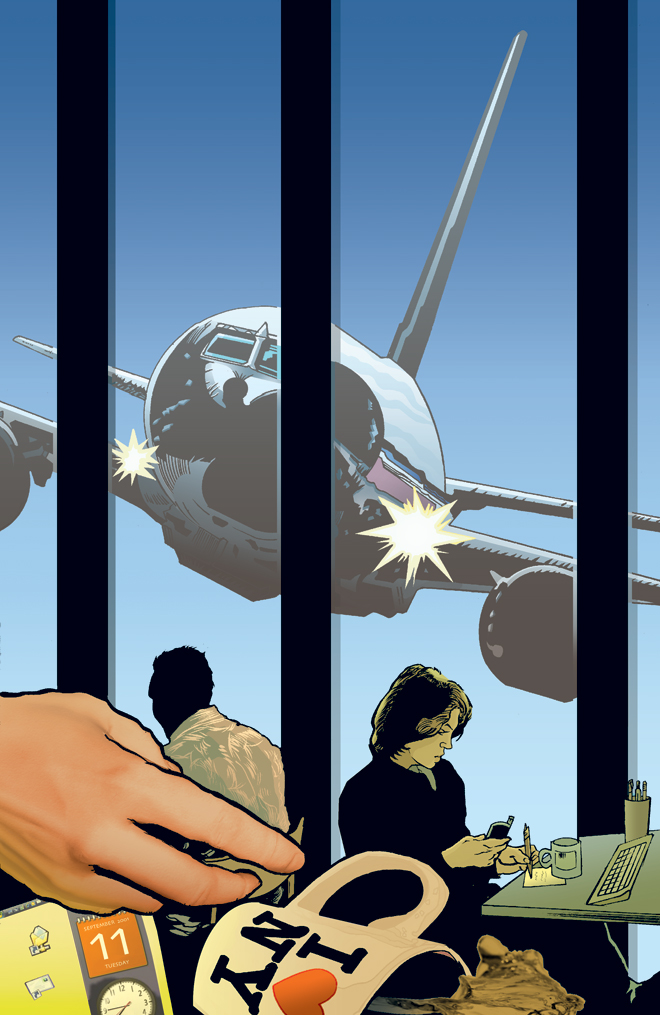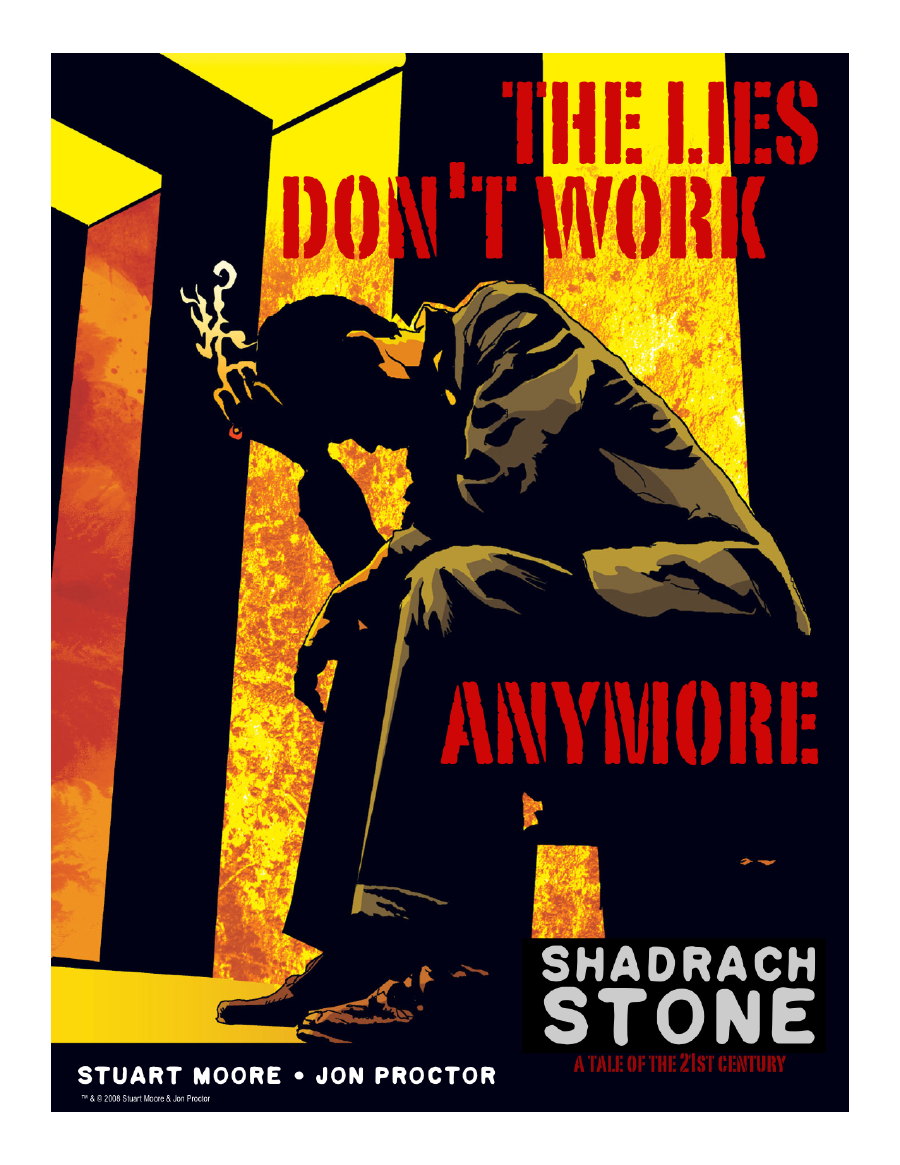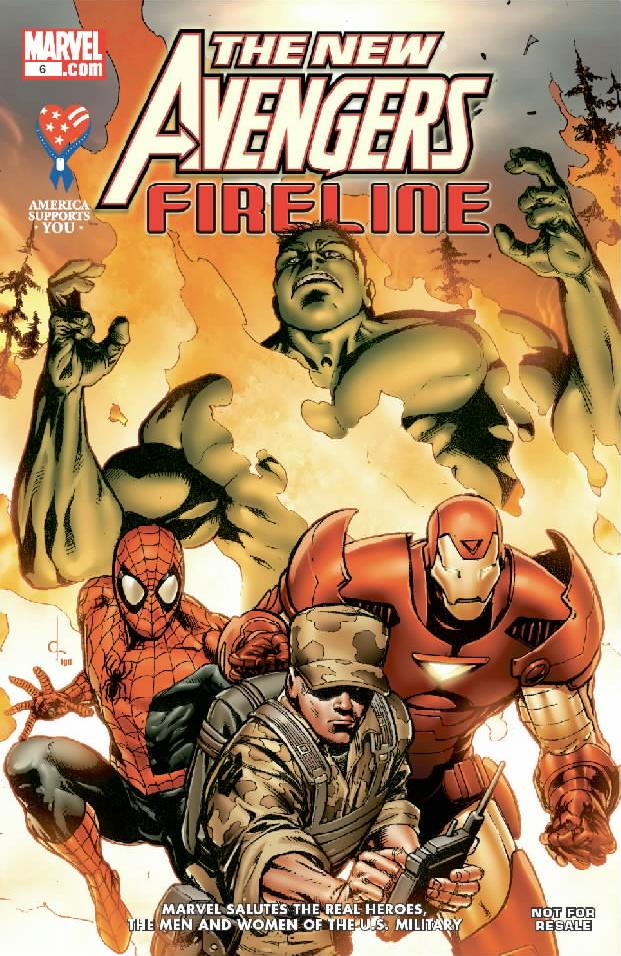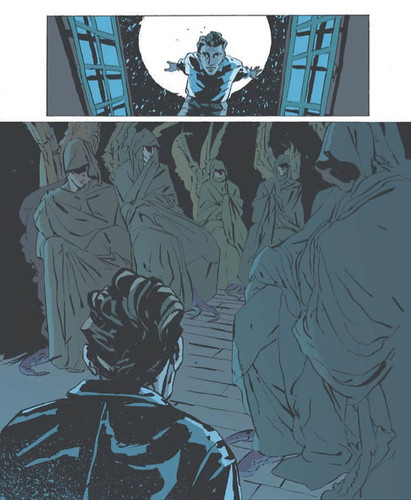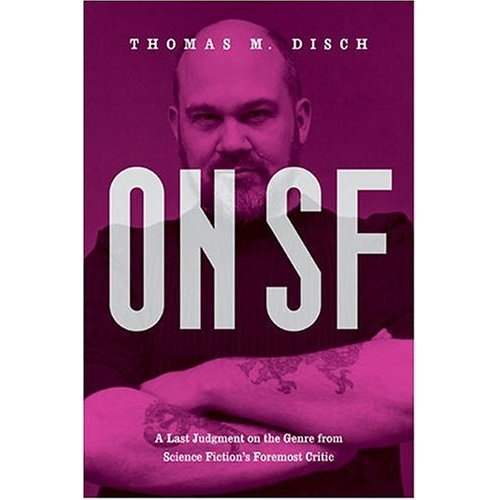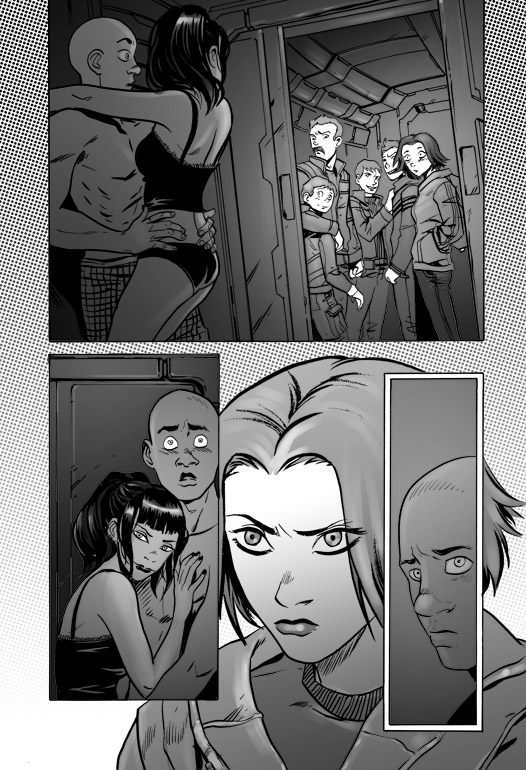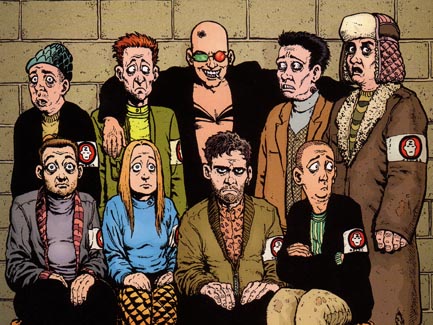
Back from San Diego. Yes, Comicon huge, aisles crowded, Hollywood Comics SciFi Marvel Virgin Jamie Bamber. Will blog more later on that, maybe.
But right now I have to write about the season premiere of AMC’s original series MAD MEN. My wife Liz and I blew through the first-season DVDs a couple of weeks ago, and loved it. She watched the second-season opener while I was at Comicon, and was disappointed. It seemed slow and plotless. A lot of critics agreed.
When I got home, Liz and I watched the episode again together. Several minutes into a discussion afterward, we Figured It Out.
I’ve checked the usual spots like The House Next Door and TV.com, and nobody seems to have gotten this. Once you realize what’s going on, every scene in the episode reads in a different context, with at least one more level of meaning -- sometimes several.
Warnings: This is rather long. If you don’t want to know, go no further. If you’re in the middle of watching season one, DON’T read this; it will spoil many things. And if you haven’t watched the show at all, none of this will make any sense to you. The various relationships that have been built up among the characters are too tangled and complex to explain here.
Disclaimers: This was a team effort. The reasoning here is as much Liz’s as mine, though any awkward phrasing is all mine. We are both professional writers, but we have no contacts or inside information on the show -- this was all written from viewing the aired material itself.
If you do decide to read this, please tell us what you think, especially if there are details we’ve missed. But I can tell you this: We combed through the entire episode after figuring this out, and there’s no way we’re wrong.
Proceed at your own risk…
--
--
Don Draper is having an affair with Peggy. Not a frivolous, Sterling-Cooper-style romp; but a true love affair rooted in mutual respect and interests.
Evidence/implications:
• When Don is late to the creative meeting, the guys gossip nastily about the possibility that he had a baby with Peggy, and that he’s sleeping with her -- hence her rapid rise in the company. This is clever on two fronts. First, it brings up the Don/Peggy connection, only to dismiss it quickly from the viewer’s mind. Second, it’s in line with the way Don is always viewed at Sterling Cooper: Everyone thinks he’s up to something -- usually an affair -- but they rarely get the details right. He’s as likely to be meeting his estranged brother, or having a physical, as he is to be rendezvousing with a woman. (See Lois, below.)
• Peggy asks Lois where Don is, and Lois responds with the barest innuendo about Don’s absence. Peggy starts to walk away, stops, and then turns on Lois harshly, telling her never to make such remarks about Don. On the surface, this seems to be the loyalty of an employee (Peggy) who owes her boss a lot because of her promotion. It also looks like Peggy lording it over the secretaries, whose ranks she’s escaped.
But it’s actually something very different. Peggy knows how the secretaries gossip about their bosses; she’s been there. She realizes that, given time, Lois will find out about her and Don, just as she herself learned about Don’s affair with Midge last season. So Peggy takes this opportunity to scare the hell out of Lois, hoping to intimidate her enough that Lois won’t spill any information casually, as (again) Peggy did to Joan last year.
• When Joan subsequently reprimands Lois, there’s also something else going on. The key to Joan is: She acts like an queen bee, but her true motive is almost always concern for other people. (Remember last season, when Peggy -- beginning to show her own true colors -- said to Joan, rather clinically: “I just realized -- you’re trying to be kind.”)
It’s not clear how much Joan knows about the Peggy/Don affair, but she clearly knows something. What she’s doing in this scene is warning Lois, very strongly, away from any confrontation with Peggy. The surface justifications are that Peggy is now “Miss Olsen” -- a higher-level employee than the secretaries -- and that Lois’s crying in the break room was inappropriate (a weak excuse for so harsh a scolding). But really, Joan knows that Peggy is linked very closely with Lois’s boss, and that no good can come to Lois from a conflict with Peggy.
• Why does Don have a lock installed on his office door? It seems like a funny throwaway, but it’s not. For the first time ever, Don is having an affair
within Sterling Cooper.• The creative staff is understandably obsessed with age. Roger and Duck are on a crusade to bring in younger blood; Paul in particular has a target painted on him. Don is also worried about this, as evidenced by his physical. Yet he seems unconcerned about the prospect of young people coming to work at Sterling Cooper, dismissing them as unimportant.
That’s because Don’s concern is not professional, but personal. Both Don and Peggy pointedly speak their ages (36 and 22) aloud in the course of the episode. Don’s midlife crisis is not about work, it’s about love.
Incidentally, keep an eye on Paul, who has a bad meeting with Don during the episode. Paul doesn’t seem to know about Don and Peggy yet; but as Joan told him last season, “You have a big mouth.”
• Further to the above: The guy reading poetry in the bar says that his book wouldn’t be to Don’s taste. The guy is significantly younger than Don; Don subsequently buys the book as a way of trying to communicate with a younger generation -- again, not for professional but for personal reasons. More on this below…
• After Betsy encounters her former roommate, Don tells Betsy the woman is clearly a “party girl.” Betsy asks him how he would know, clearly referring to Don’s extramarital activities. When Don replies, “Do you think I’m stupid?” he’s really saying: “Do you think I’d see a call girl? My affairs are much deeper than that.”
(That scene plays oddly on the surface, though. “Do you think I’m stupid?” is a clear insult to Betsy, but she doesn’t really react to it.)
• Don’s impotence with Betsy -- very well played, incidentally -- is not a result of stress and age, though it is linked to his midlife crisis. Nor is it because he’s tiring himself out with another lover; we’ve seen him juggle multiple sexual partners before. It’s because, for the first time, he’s in love with someone else.
• In the elevator, Don reacts strongly to the crude talk about a random secretary. This is unusual behavior for him -- he’s clearly accustomed to this kind of chatter in the halls of Sterling Cooper. The reason: He’s picturing people talking about Peggy that way and, again, feeling self-conscious about her age. “Get three stingers in her, she’s like a little girl.”
• The key to all this is the scene where Peggy and Sal pitch the airline ad to Don in his office. This scene would be a dead giveaway in any other show; the interaction between Don and Peggy is clearly flirty in nature. But the environment of Sterling Cooper is thick with inappropriate sexual innuendo, so -- after a full season of trysts gone wrong and boundaries constantly broken -- we don’t initially register the importance of the conversation.
When Don reacts poorly to the initial ad mockup, Peggy starts to argue with him, and Sal starts to warn her away -- but Don cuts him off. At this point, Sal seems to physically retreat from the scene. The reason: He of all people recognizes
coded sexual behavior coming into play, and knows he should not be in the room. But he has no reason to leave, so he simply shrinks back.
Don and Peggy then engage in a weird, flirty exchange of ideas and slogans -- an exciting and disturbing process that displays both the romantic and creative bond between them. She challenges Don, telling him the ad is “exactly what we talked about.” “It’s obvious,” he replies. “I’m uninvolved.”
Peggy describes the ad as “Businessmen who like short skirts. Sex sells.” Don rebukes her and, in the guise of a lesson in ad creation, tells her that their relationship is much more than that. “That’s what
they tell you,” he says, anticipating the staff’s reaction to their affair. “You are the product. You -- feeling something. You. Not sex.”
Then Don pulls the ad slogan out of her, prodding her to assert herself (“Is that a question?”). Ultimately, she provides a response that’s both aggressive and submissive at the same time, and also points directly to the age difference between them: “What did you bring me, daddy?”
• After which, he mails her the book.
--
Obviously there are a lot of questions here. Did Don help Peggy with the baby situation? Does he know who the father is? Is the baby even still alive? And, of course, what is Roger Sterling’s status?
In addition: Both Don and Peggy are deeply damaged characters. Their affair may be pure of heart, but that doesn’t mean it’ll ultimately work out, or work out to their mutual benefit.
But we think all the pieces above fit, and provide a suggestion of where this exciting and provocative show is headed.
What do you think?
